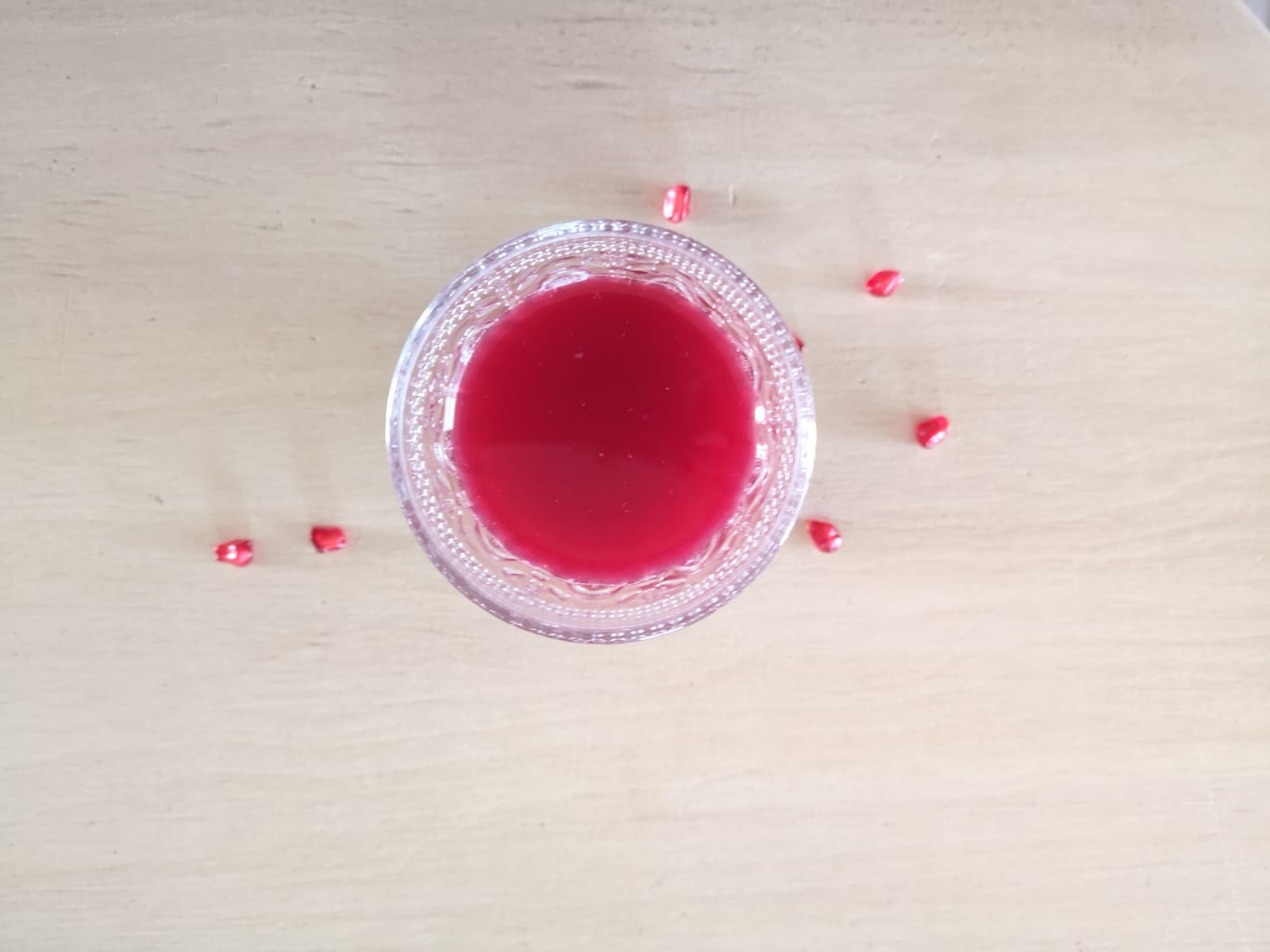As a child I had 2 pomegranate trees that produced all those weird fruits, and I didn’t appreciate it at all! I did not even understand the meaning. Sitting to unshell the beans one by one and then taste them with those annoying little bones. How did my mom and my grandmother eat them? And also enjoy the flavor?! I thought they were a waste of time, and I never wanted to taste it. My mom used them to decorate everything, even the salad. And she gave them at Christmas as a precious gift. Today the pomegranate juices are my favorites! But my children absolutely do not want to taste them. And then I think, here the cycle continues. When they grow up perhaps they will appreciate the liqueur that mom makes! Who knows!
We harvested it until November. I remember it among the Christmas fruits that we had at the table for the holidays and then I connected the pomegranate with the arrival of Christmas and the days that were getting longer . “Cugghemu u ranatu prima ca scura” (let’s pick the pomegranate before it gets dark) said ‘Nitta Lucia after lunch.
THE TRADITION
But what are the customs and stories of our island connected to the pomegranate? It is said that Sicilian brides used to wear the twigs of this lucky tree in their hair as an emblem of fertility, wealth and good omen for their wedding.
According to Greek mythology, the pomegranate is a sacred plant that can be traced back to Juno and Venus. Tradition is that the groom transfers a pomegranate plant taken from his father-in-law’s garden to his garden. It is believed that the juice of this fruit is suitable for fighting sterility.
THE PROPERTY
The pomegranate fruit has important benefits for the body. Very rich in water (78%), the pomegranate has an average content of carbohydrates (13.5%), while the lipid and protein content are low. Good amount of fiber (4%). “There are numerous mineral salts (primarily iron and potassium, but also zinc, manganese, copper, phosphorus, magnesium, sodium, selenium and calcium), as well as vitamins. Those of group B, A, C (a single pomegranate can contain up to 20% of the entire daily requirement), E and K. Furthermore, the pomegranate fruit is rich in antioxidants, bringing numerous beneficial substances to the body. Finally, it is a low-calorie fruit, as it contains only 65 calories per 100 grams of product.

RECIPE
Ingredients:
• 1 pomegranate
• 350 ml of alcohol
• 400 ml of water
• 250 grams of sugar
• 1 cinnamon stick
Pomegranate is the perfect ingredient to prepare an excellent liqueur, to bring to the table, perhaps during special occasions or to give as gifts during the Christmas period.
To prepare it, shell a pomegranate and remove any residual external peel. Arrange the beans on a clean cloth and let them dry for a few days in the sun, placing them in an area protected from humidity. This process is used to preserve the taste and aromatic properties.
In an airtight container, arrange the pomegranate seeds and cover them with 350 ml of alcohol, letting them rest, strictly in the dark, for at least a week. Mix the beans with alcohol at least once a day. After this infusion time, prepare a mixture of 400 ml of water and 250 g of sugar and let it boil slowly in a pan, preferably in steel. The syrup must be very transparent and not at all caramelized. Once it has boiled, turn off the heat and add 1 cinnamon stick or the zest of 1 orange or 1 lemon. Let the syrup cool and add it to the mixture of alcohol and pomegranate grains. Mix thoroughly, then filter using a glass or steel funnel. Also filter twice, if you deem it necessary: it is important that the liqueur is very clear and without any residue. At this point, prepare two clean glass bottles and pour your liqueur, letting it rest for at least twenty days. You can add a few pomegranate grains as decoration or for a more decisive and intense flavor, you can replace the white sugar with the same amount of brown sugar.






Leave A Comment